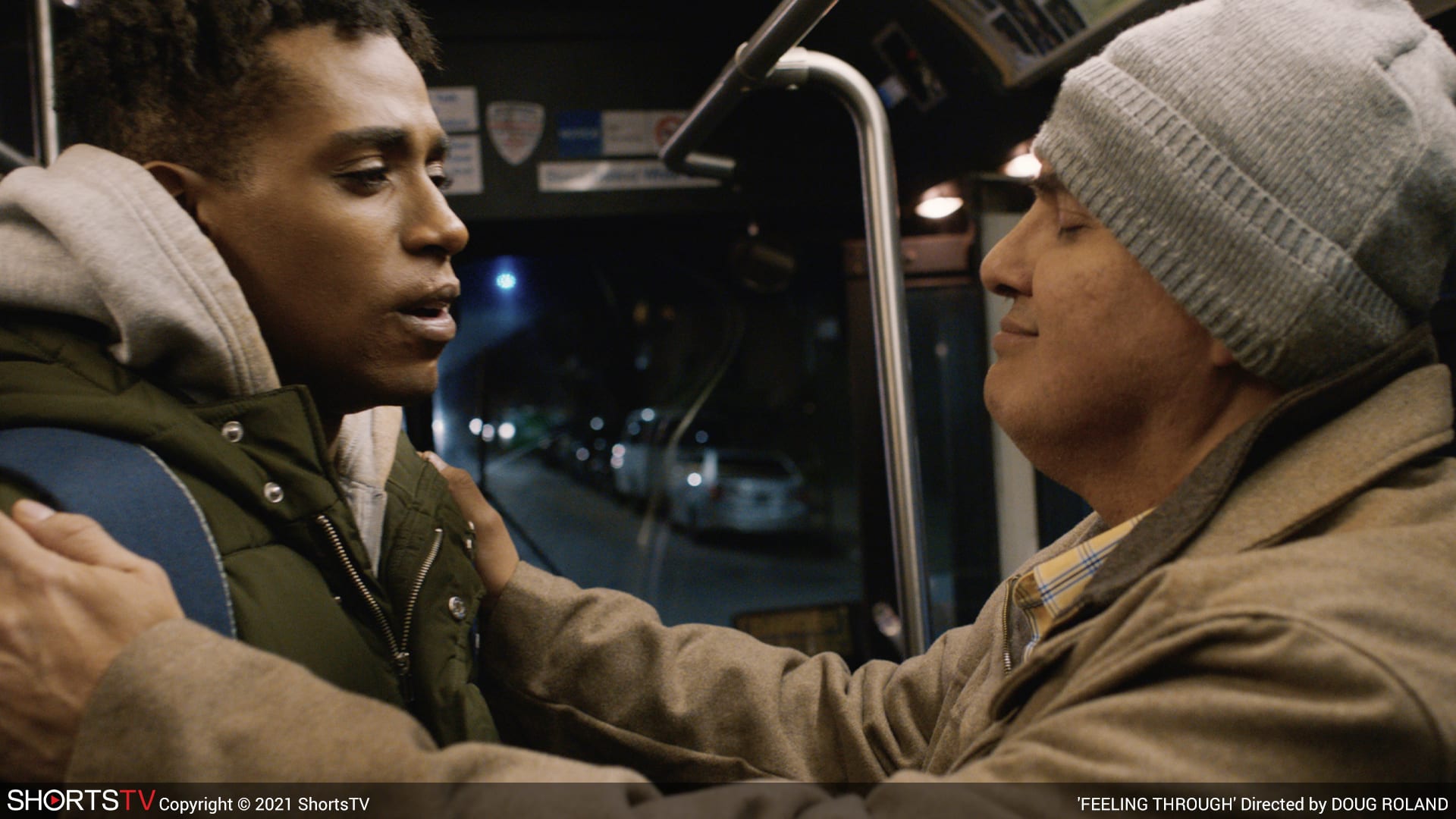
A Look at the Oscar? Nominated Live Action Shorts
When it is time to award the best in films each year, the Academy of Motion Pictures Arts and Sciences include three categories of short films in their Oscar ? presentations. Most people don?t get to see many shorts. They play at festivals, and occasionally in front of a feature film. But short films are…

